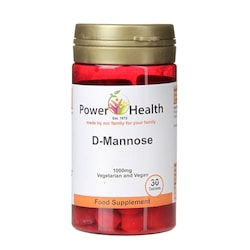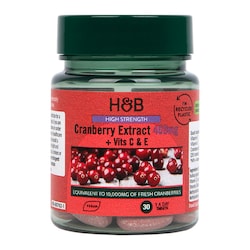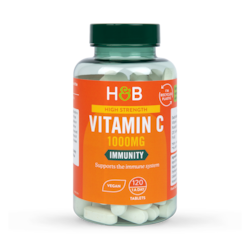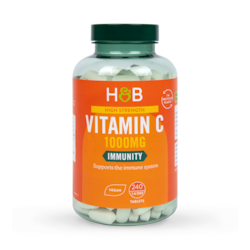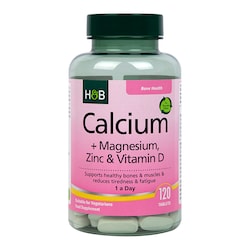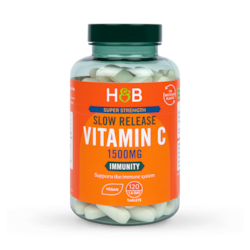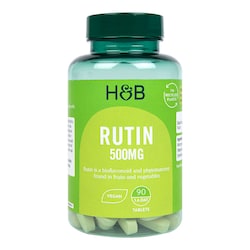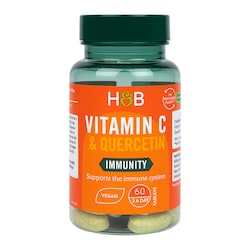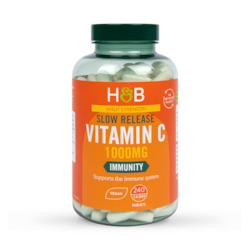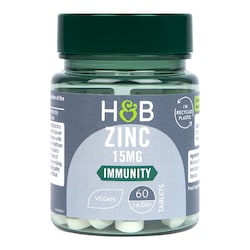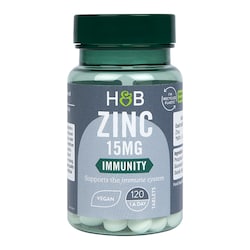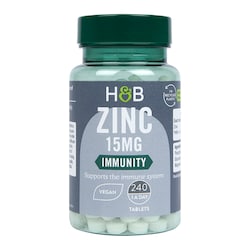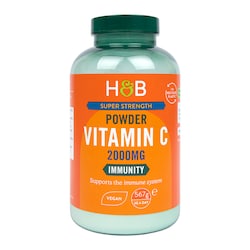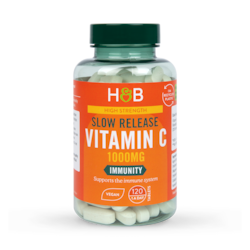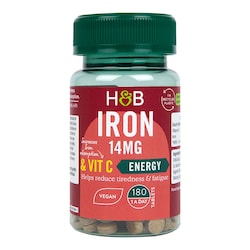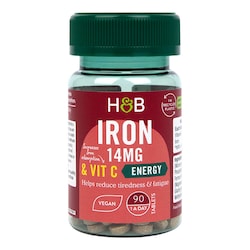15% off £30 OR 20% off £40
Does cranberry juice help UTIs?

Sick of having to put your day / good night’s sleep on hold due to an UTI? We know dealing with the frequent, painful trips to the bathroom because of a UTIs is no fun at all. But is cranberry juice really good for UTIs? Find out here.
More than 50% of women will develop a UTI (urinary tract infection) at some point. Here are some quick facts about UTIs:1
- They’re 10 times more common in women than men
- They are a recurring problem for 1 in 5 of us
Antibiotics are frequently prescribed to prevent and treat them. However, experts warn that antibiotic resistance could cause UTIs to become untreatable.
We’re increasingly turning to natural alternatives, but do they work?
What is cranberry juice?
Cranberries are round, small, deep red-coloured berries from the same fruity family as blueberries.
They have quite a sour, sharp taste when eaten raw, which is why they are often dried or juiced.
Cranberry juice is known for its unique taste, vitamin C content and its association with UTI management.
A UTI occurs when bacteria enter the urinary tract and begin to multiply. This can result in the following UTI symptoms (and they’re no fun at all!):
- A need to pee more often than you usually do
- Painful or burning sensation when peeing
- Sudden urges to pee
- Feeling like you can’t fully empty your bladder when you pee
- Urine that has an unfamiliar and unpleasant aroma
- Feeling tired, achy and generally unwell
- Lower abdominal aches and pains
- Cloudy urine
- Blood in the urine
Most urinary infections begin when bacteria found in the intestinal tract (typically E. coli) finds its way into the urethra.
In some cases, infection progresses to the bladder (causing cystitis), or the kidneys.
Is a UTI the same as a water or urine infection?
Yes, they’re different names for the same thing.
What are the differences between a UTI and a kidney infection?
Another condition you should look out for that has similar symptoms to a UTI is a kidney infection.
These infections usually develop following a lower UTI and can be much more dangerous if left untreated. They can damage the kidneys and even slip into the blood stream.
You should immediately seek the advice of your GP if you develop the signs of a kidney infection, which include:2
- A high temperature of 38°C or more
- Pain in your back or sides
- Chills and shivering
- Feeling or being sick
- Restlessness or agitation
- Feeling confused
Does cranberry juice help UTIs?
A lot of people turn to cranberry juice when they feel the first signs of a urine infection because it's easy to buy, cheap, and it tastes pretty nice too! But does it actually work?
There have been many studies into this topic, and a significant amount find that cranberry juice does help some people avoid UTIs, particularly women who are otherwise considered healthy.3 It doesn’t work so well when you have a full-blown UTI, but it may help to prevent it developing in the first place.
But the evidence varies – it is not known if cranberry juice can be considered a treatment for UTIs.
How does cranberry juice help UTIs?
Certain compounds found in cranberries can change the structure of certain bacteria, making it more difficult for them to stick to the walls of the urinary system – and easier for the body to flush them out.
A review of 13 studies concluded that people who use cranberry products daily are 38% less likely to develop a UTI. Capsules seem to be more effective than supermarket juice drinks.4
It is also a liquid after all, and all liquids are helpful for flushing out a UTI.
How much cranberry juice should I drink for UTIs?
Fruit juices are known for their high sugar content, so it’s best to stick to a singular serving of pure cranberry juice with no added sugar, e.g. a 250ml glass. Try drinking a glass every day to help prevent UTIs from developing.
Drinking any more than that can seriously harm your teeth, as well as put you at risk of other sugar-related health problems.
What is the best kind of cranberry juice for urine infections?
The best cranberry juice for UTIs will contain no added sugar or sweeteners, as it’s not the sugar that’s the important part – so you can do without it. Always make sure you check the label and see what you’re getting; is it pure cranberry juice in there or are there extra sugars and flavours lurking?
Is cranberry juice suitable for everyone?
Most people can enjoy a glass or two of cranberry juice in their life, especially if they pick one with no added sugar.
However, like all foods and drinks, a small percentage of people will be allergic, so always be cautious if you’re trying it for the first time.
Summary:
- Urinary tract infections (UTIs) are a common issue that’s more common in women
- UTI symptoms include peeing more than usual, experiencing pain while you urinate, feeling generally unwell, and more
- Cranberry is a popular home-remedy for UTIs, but there is limited evidence on the subject and if it works
- It is said to work by helping to prevent UTIs before they develop by making it hard for bacteria to stick to the walls of the urinary system
What else can you take for UTIs?
There are other things you can take to help manage UTIs, including:
D-mannose
D-mannose is a naturally occurring sugar found in cranberries. It ‘sticks’ to E. coli bacteria, forming a coating which, in turn, prevents them from sticking to the walls of the urinary organs.5
Vitamin C
Cranberries are a rich source of Vitamin C which may support the prevention and treatment of UTIs by making the urine more acidic.
This encourages the formation of nitrogen oxides, which are toxic to a variety of microorganisms, including E. coli.6
Vitamin C supplements have been found to reduce the risk of developing a UTI during pregnancy.
Pregnant women are more prone to UTIs because the weight of the uterus and the hormone progesterone slow the drainage of urine, giving bacteria more time to multiply.7
Handpicked content: 3 surprising reasons you really need vitamin C
When to see a doctor about your UTI
Some UTIs will go away by themselves if you drink enough water and rest, but a lot of them tend to stick around for longer. They’re certainly not fun, and you definitely don’t want to end up with a kidney infection on your hands, so you should see your GP when:
- You develop signs of a kidney infection (please see above)
- Your symptoms are severe
- Your symptoms are getting worse
- You experience frequent UTIs
- Your symptoms haven’t started to improve after a few days
Your GP can get a urine sample from you and get it tested so other possible causes can be ruled out.
If you do have an infection, your doctor can then prescribe a dose of antibiotics to treat it.
Summary:
- D-mannose and vitamin C are also used to help manage UTIs
- You should seek advice from your doctor if your UTI doesn’t go away, gets worse or you are getting them frequently, as they can become very dangerous if left untreated
- You will usually be given a dose of antibiotics to help treat your UTI
What else can you do when you have a UTI?
Here is some general advice for tackling your UTI:8
- Take paracetamol up to 4 times a day to reduce a high temperature and pain
- Always drink enough fluids to pass pale urine regularly throughout the day, especially when it’s hot outside or you are sweating a lot from exercise, etc.
- Avoid sex until you feel better – you can’t pass a UTI onto your partner, but sex may feel uncomfortable
The final say
- Urinary tract infections (UTIs) are a common issue that’s more common in women
- UTI symptoms include peeing more than usual, feeling generally unwell. experiencing pain while you urinate, and more
- Cranberry is a popular home-remedy for UTIs, but there is limited evidence on the subject and if it works
- It is said to work by helping to prevent UTIs before they develop by making it hard for bacteria to stick to urinary system walls
- Vitamin C and D-mannose are also used to help manage UTIs
- You should seek advice from your doctor if your UTI gets worse, doesn’t go away or you are getting them frequently. They can become very dangerous if left untreated
- You will usually be given a dose of antibiotics to help treat your UTI
- Other things you can do to manage your UTI include staying hydrated and taking paracetamol for pain
- https://pubmed.ncbi.nlm.nih.gov/12601337/
- https://www.nhsinform.scot/illnesses-and-conditions/kidneys-bladder-and-prostate/urinary-tract-infection-uti
- https://academic.oup.com/jn/article/147/12/2282/4727969
- https://jamanetwork.com/journals/jamainternalmedicine/fullarticle/1213845
- https://articles.mercola.com/sites/articles/archive/2014/04/28/d-mannose-uti-prevention.aspx
- https://pubmed.ncbi.nlm.nih.gov/11730365/
- https://pubmed.ncbi.nlm.nih.gov/17611821/
- https://www.nhs.uk/conditions/urinary-tract-infections-utis/


